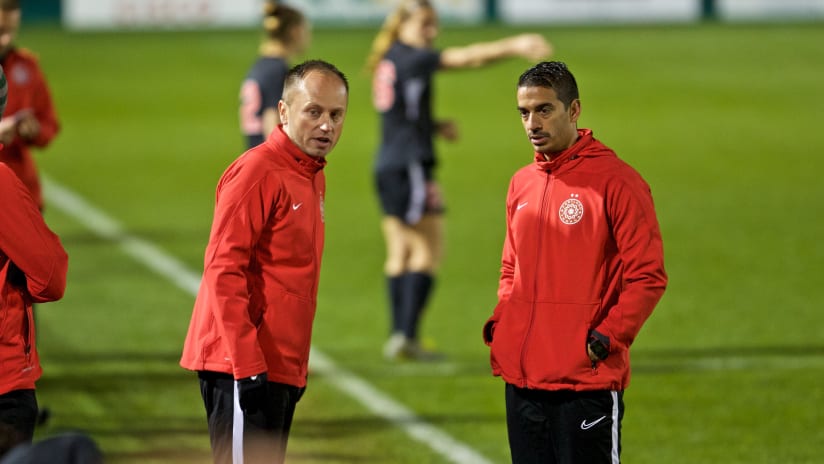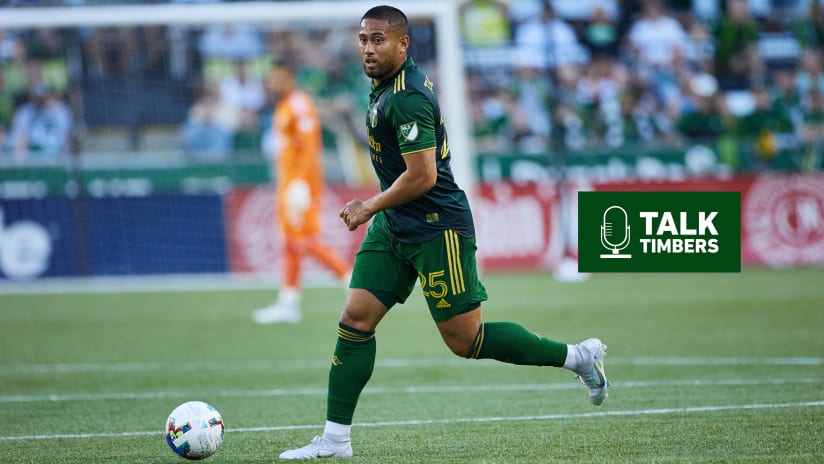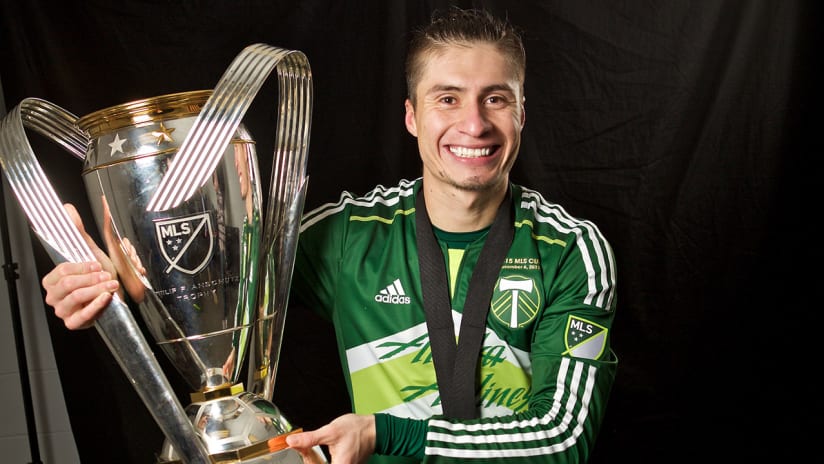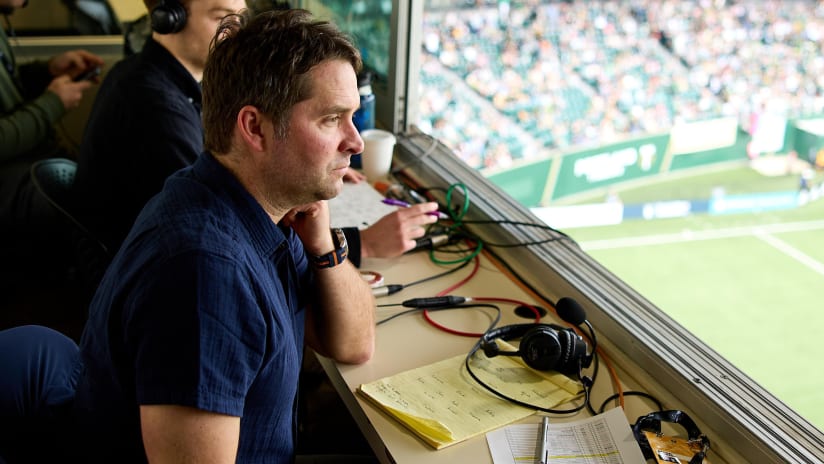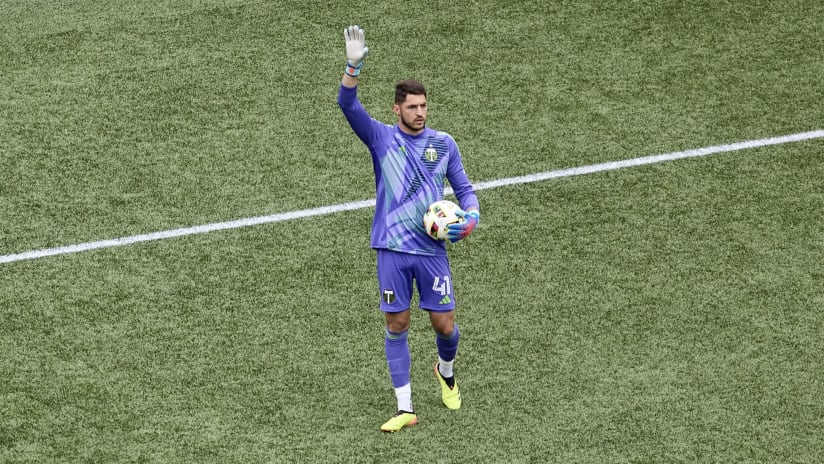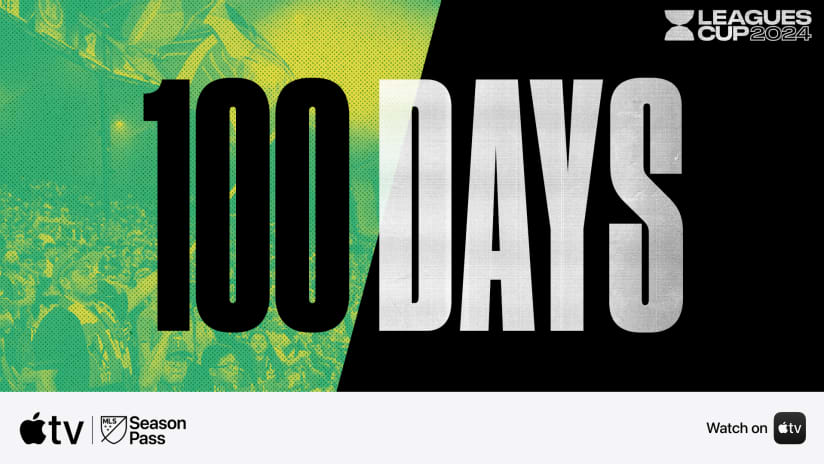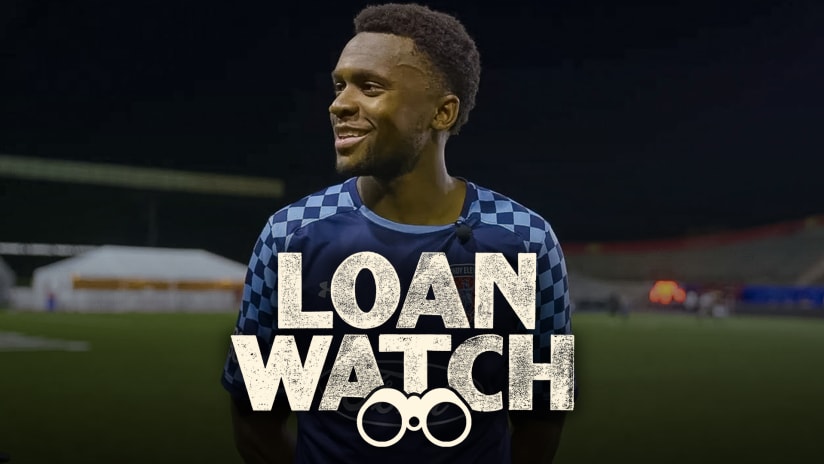PORTLAND, Ore. – Every year, the U.S. U-23 national team comes to Portland, and every year, the U-level squad gives three NWSL teams a reminder about preseason soccer, if not professional sports in general.
When looking at games from a distance, so much time is spent weighing talent, schemes, form and matchups, when often only one question needs to be asked about the teams: Which one is willing to work harder to win? Since being a part of Thorns FC’s annual Spring Invitationals, the U-23s have always competed as if trying to prove something, while the professionals play as if they’re in preseason.
Such was the case again last night, where the Thorns fell to the U.S. on an early Catarina Macario penalty conversion, 1-0. That’s not to say the result was disappointing or worrisome. Portland is, after all, in preseason. But it was a reminder that, two-and-a-half weeks out from their year’s first competitive game, the Thorns remain in ramping-up mode, a state that’s defined by the need to improve.
“The 23s has always been our toughest game in this tournament,” Thorns head coach Mark Parsons said after Wednesday night’s loss. “I think we lost to them in 2017 in the stadium. We actually probably managed them and their energy and their pressing better tonight than we have done in previous years.”
Such critiques require an important note of context – that none of the night’s starting XI for Portland are projected starters, at the moment. Five of the lineup’s 11 aren’t even on full NWSL contracts, yet. But the uncertainty that’s developed around that impending lineup on April 14, when the Thorns will open their regular season in Orlando, may have been the night’s biggest story. Having to finish the evening with only nine players, the team’s availability and fitness concerns stood out.
“Concerns,” though, may be too much. Portland’s shorthanded state had less to do with a real crisis than the realities of preseason’s process. Mallory Weber and unsigned trialist Olivia Moultrie came off so late that it wasn’t worth replacing them, even if the team could. But having burned through their bench in the course of normal, preseason rotation – and, not wanting to alter anybody else’s plans to make up numbers in an exhibition’s final minutes – Parsons’ made the right choice in an all risk, no reward situation.
But that situation highlighted the fact that Emily Menges, dealing with a foot injury, was not available. Neither were Midge Purce nor Hayley Raso. They were fitness scratches, too, as was Bella Bixby, who by now could have seen time in goal. Adrianna Franch, the team’s normal No. 1, was dealing with a knee injury before joining U.S. national team camp, with Tobin Heath, Lindsey Horan and Emily Sonnett having also left early this week.
“The challenge is, in the NWSL, people are going to be coming in, coming out – coming in, coming out,” Parsons explained. “You don’t get 10 minutes to remember these are the roles, and remember these are what we do in these areas. That’s a challenge we know is going to be here all year.”
As it concerns the team’s health, it was a challenge that was there last year, too. After being the league’s best defense under Parsons in the coach’s first two Rose City seasons (2016 and 2017), Portland regressed last year, with injuries to a slew to regular, back-five contributors – Franch, Purce, Katherine Reynolds, Emily Sonnett and Menges, Meghan Klingenberg – leaving the backline without the steady time together it’d enjoyed in the seasons past. In addition to improved performances, improved availability will be key to getting the team’s defense back to their standard.
But early this season, Menges is hurt. As is Purce and Franch. Reynolds has just resumed full training with the team after late-season knee surgery in 2018. Elizabeth Ball has been slowed, too, with Bixby’s hand injury just now allowing her to resume activities in goal. None of these injuries are serious – no timelines extend significantly into the regular season, or into the regular season at all – but the reemergence of last year’s obstacle seems worth some concern.
“A positive of always trying to move forward, trying to help each individual, [is] sometimes I don’t dwell on that issue as much,” Parsons said, implicitly explaining why the team’s injuries are not, at this point, a major concern of his. “It’s a positive, but the constructive, the negative, of that is, yeah, we’re missing some big players. Having every player available is always every team’s goal.”
In a World Cup year, that goal has to be set aside. Teams have to learn to deal with absences, meaning players like first-year professional Gabby Seiler – impressing this week while being pressed into action in central defense – become more important. Trialist Madison Pogarch, seeing two shifts at left back thus far this preseason, is also becoming a bright spot, making the team’s nicks and knocks easier to stomach.
The forecast, though, is still important. In 2016, the defensive core of Klingenberg, Menges, Reynolds, Sonnett and, then, Michelle Betos, played 7,927 minutes. In 2017, with Franch taking Betos’ place, the new core five logged 10,102 minutes together, and the team won the title. Last year, that number regressed back to 8,213, and the Thorns struggled.
Portland has enough options to solve their problems, but continuity, through some better luck with health, might prevent those problems from surfacing from the start.

